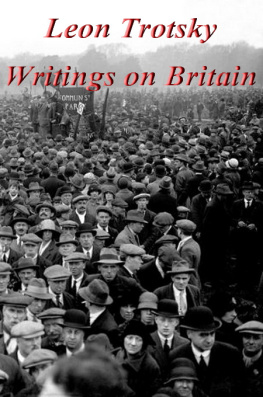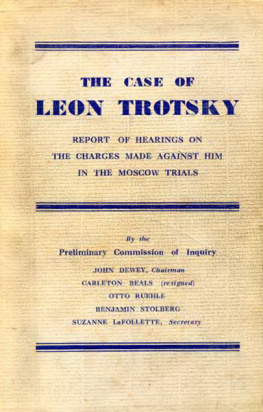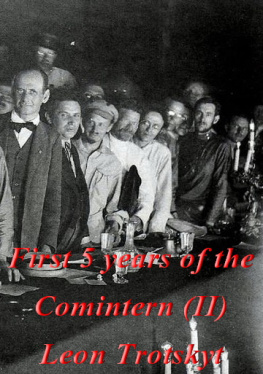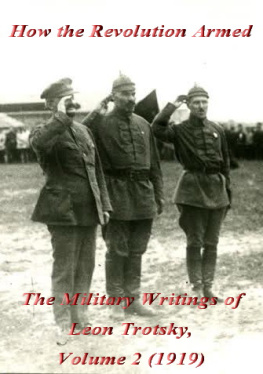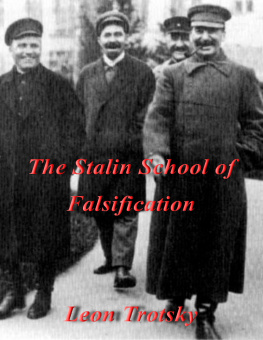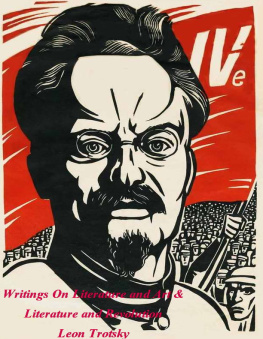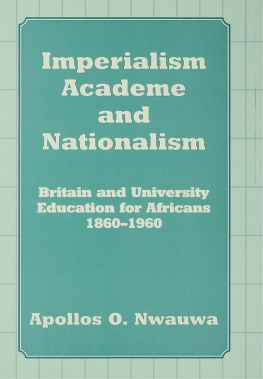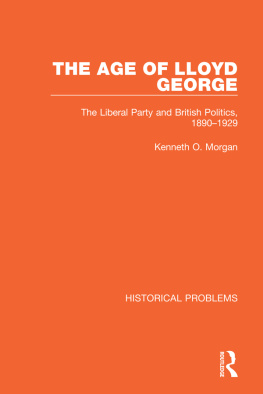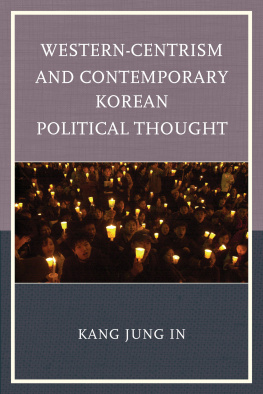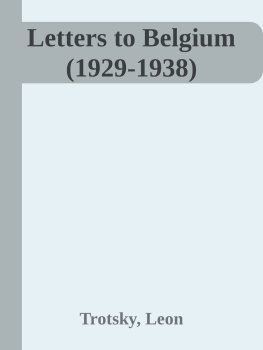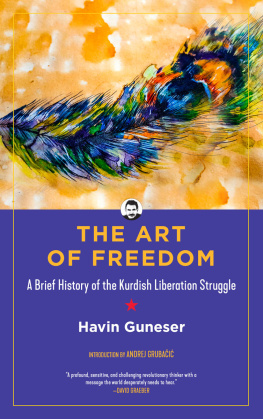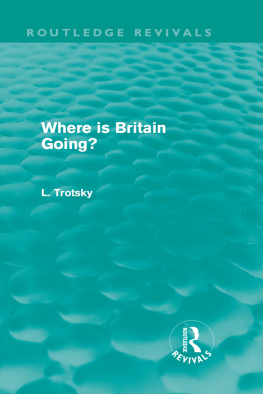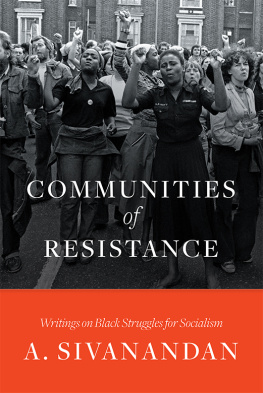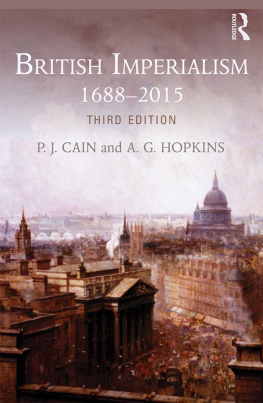Trotsky - Writings on Britain
Here you can read online Trotsky - Writings on Britain full text of the book (entire story) in english for free. Download pdf and epub, get meaning, cover and reviews about this ebook. year: 2014, publisher: Marxists Internet Archive, genre: Politics. Description of the work, (preface) as well as reviews are available. Best literature library LitArk.com created for fans of good reading and offers a wide selection of genres:
Romance novel
Science fiction
Adventure
Detective
Science
History
Home and family
Prose
Art
Politics
Computer
Non-fiction
Religion
Business
Children
Humor
Choose a favorite category and find really read worthwhile books. Enjoy immersion in the world of imagination, feel the emotions of the characters or learn something new for yourself, make an fascinating discovery.
Writings on Britain: summary, description and annotation
We offer to read an annotation, description, summary or preface (depends on what the author of the book "Writings on Britain" wrote himself). If you haven't found the necessary information about the book — write in the comments, we will try to find it.
Writings on Britain — read online for free the complete book (whole text) full work
Below is the text of the book, divided by pages. System saving the place of the last page read, allows you to conveniently read the book "Writings on Britain" online for free, without having to search again every time where you left off. Put a bookmark, and you can go to the page where you finished reading at any time.
Font size:
Interval:
Bookmark:
Writings on Britain
Transcribed by Ted Crawford for the Trotsky Internet Archive in 1999.
Proofread by Einde OCallaghan in March-July 2007.
Notes by New Park Publications & Ted Crawford.
Additional notes and editing by Einde OCallaghan in 2007.
Ebook version by Kollektiv Yakov Perelman, from the version available at Trotsky Internet Archive in February 2014.
- History And Culture
- The Decline of British Imperialism
- The Labour Movement 1906-1924
- Where Is Britain Going?
Originally published: Leon Trotsky, Where Is Britain Going?, 1925. New Translation: Trotsky's Writings on Britain, Vol.2, London 1975. Translator: Allan Clinton. Transcribed: Ted Crawford for the Trotsky Internet Archive in 1999. - The Anglo-Russian Committee
- Problems of the British Revolution
Translators Note: This collection of articles was first brought together in book form under the title Where is Britain Going? Second Issue published by the State Publishing House in Moscow and Leningrad in 1926. A previous English version of the first article appeared in the periodical Communist International No. 22, 1926 and one of the last articles in the June 1926 issue of International Press Correspondence. The present publication however represents the first complete English translation of the collection. New Park Publications, Problems of the British Revolution by Leon Trotsky, July 1972.
- , by Allan Clinton
- From World Slump to World War 1929-1940
- Trotskyism versus Centrism in Britain
- National Liberation Struggles
(London)
W e are indebted to Allan Clinton, the ex-editor of Trotskys Writings On Britain produced in 1975 by the New Park Publications, who said that there would be no objection to this article on the web since the text of Where is Britain Going?, together with two short contemporary reviews by Brailsford and Bertrand Russell and Trotskys rather more lengthy replies, is derived from that edition. Without the little reviews themselves Trotskys replies cannot be seen in context. The earlier English text, which was published in 1925, is very bad and clumsy and this one is far better.
There are three sorts of notes here, first those by Trotsky (with one by Brailsford) in 1925, those added by Clinton in 1975 and occasional additions and alterations of mine. Where I have added any material I have put it in square brackets and added my initials. The tone of the notes reflects the politics of the WRP in 1975 rather than my own but I have left most of them as they are. I have taken the liberty of correcting what I thought were obvious typos in the text together with at least one correction, the substitution of lyddite (a kind of high explosive) for lignite where the meaning is plainly that.
Trotskys biting wit and sarcasm are still a joy to read even if, 74 years later, the situation he describes has so changed. Yet his remarks about growing American power were very percipient at a time when most British people still thought of Britain the THE great power even if the Admiralty had reluctantly accepted parity of fleets with the United States in the Washington Treaty. LDT, writing at a time when Germany was a military void, thought that the next imperialist clash would be between the two Anglo-Saxon powers in which of course he was mistaken. However imperialist conflicts are still with us and as we enter the new millennium there does appear to be growing friction between Europe and the United States.
Whether the monarchy still plays the same important role for reaction as it did then is less certain. My own feeling is that in a crisis Prince Charles and his old and ugly mistress would be more likely to provoke than pacify the proletariat. Certainly Rupert Murdoch does not consider the dysfunctional Windsor clan as a useful ally. In any case on a world scale the role and weight of this minor German princeling family has enormously diminished with the relative decline in British military and economic power.
Religion is a far less important social force here and in Europe generally than then Trotsky was writing but his message applies with redoubled force when we look at many other areas in the world. The illusions expressed by Brailsford can still be heard when popular social movements adhering to Islam take an apparently anti-imperialist or anti-capitalist direction.
But what would LDT have made of Blair, Jospin and Clinton today? Mincemeat certainly in a literary sense but alas we lack socialists and revolutionaries of his stature. Perhaps that is to look at it the wrong way round. We have not had great working class movements and victories, such as the Russian revolution, but rather defeats while, to say the least, capitalism seems not to have exhausted its productive potential. Great and victorious struggles will throw up great and enormously talented individuals. Let us hope that this Marxist archive will provide some intellectual nourishment for those in the future, who will, I doubt not, be on the forward edge of the proletarian battle line.
Ted Crawford, 1999
(Director, Trotsky Internet Archive [TIA],San Francisco)
T he TIA is indebted to Ted Crawford for his work in transcribing the hundreds of pages of Trotskys writings on the class struggle in Britain. This work, however, is only the beginning of Leon Trotskys writings on Britain. The table of contents for this work should be seen as a broad based subject index that will grow as more writings become available on-line for use on the TIA. These might include new translations of previously unknown articles or documents hidden away in secret archives in Russia or they might come from individual articles from the hundreds of communist journals that flourished in the 1920s and 30s. Our aim will be to make available ALL these documents to our readers.
One last note ... the documents included herein use both British and US spellings. The weight is toward the British spelling given that New Park published these writings in Britain but the US spelling is obvious in a few of the chapters. We hope this does not distract you from content of the documents.
David Walters, 1999
In England serfdom had disappeared in actual fact by the end of the fourteenth century that is, two centuries before it arose in Russia and four and a half centuries before it was abolished. The expropriation of the landed property of the peasants dragged along in England through one Reformation and two revolutions to the nineteenth century. The capitalist development, not forced from the outside, thus had sufficient time to liquidate the independent peasant long before the proletariat awoke to political life.
Font size:
Interval:
Bookmark:
Similar books «Writings on Britain»
Look at similar books to Writings on Britain. We have selected literature similar in name and meaning in the hope of providing readers with more options to find new, interesting, not yet read works.
Discussion, reviews of the book Writings on Britain and just readers' own opinions. Leave your comments, write what you think about the work, its meaning or the main characters. Specify what exactly you liked and what you didn't like, and why you think so.

